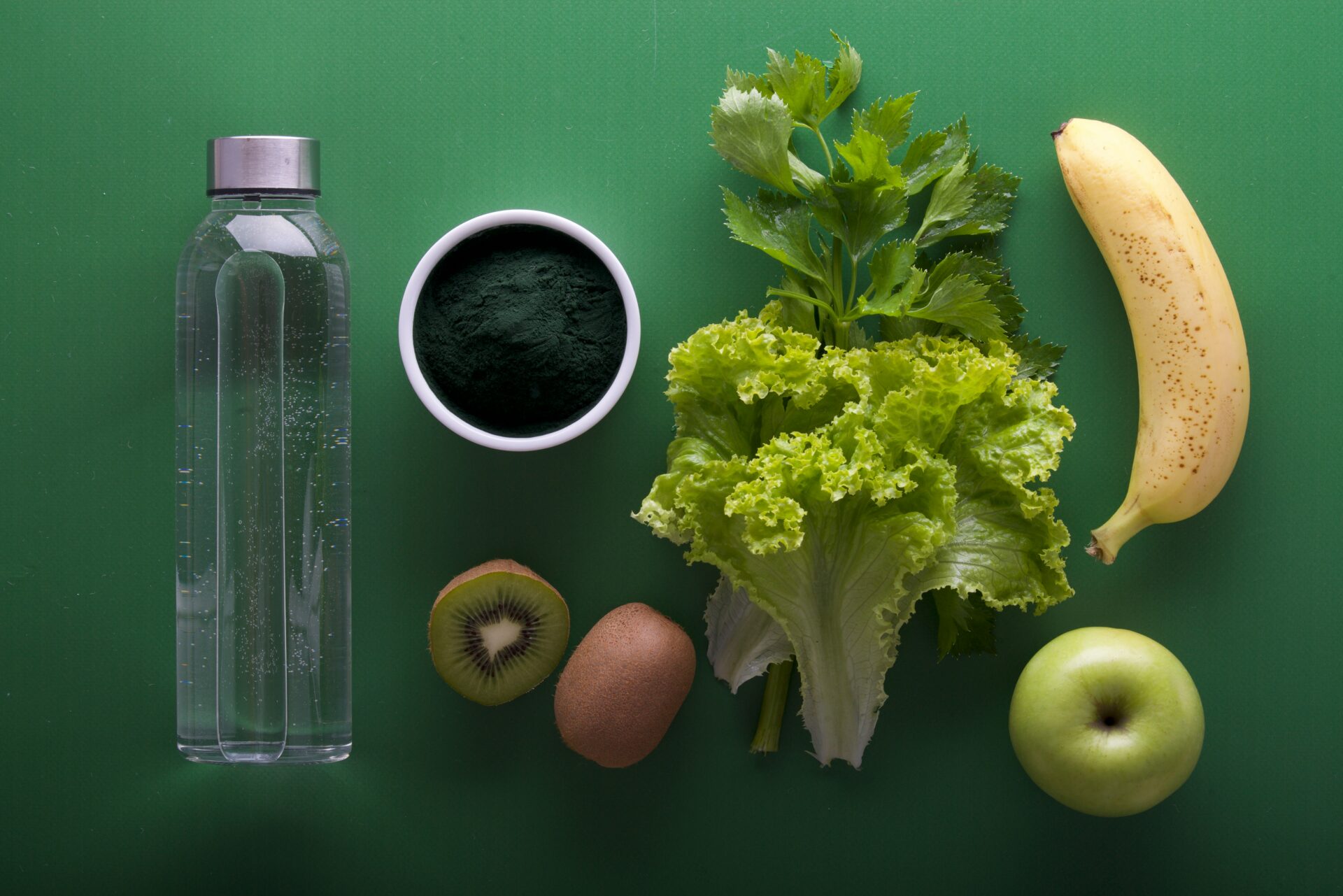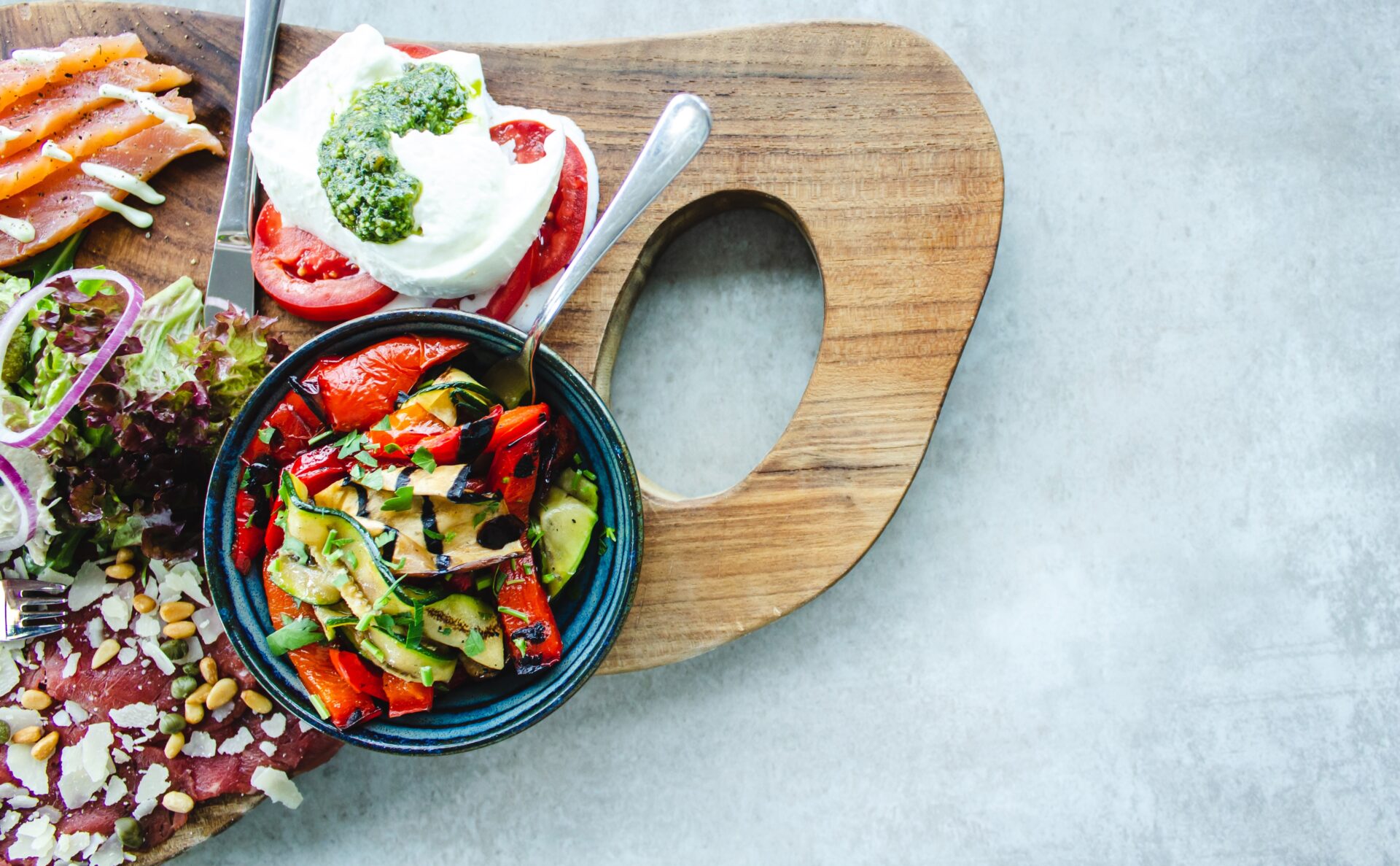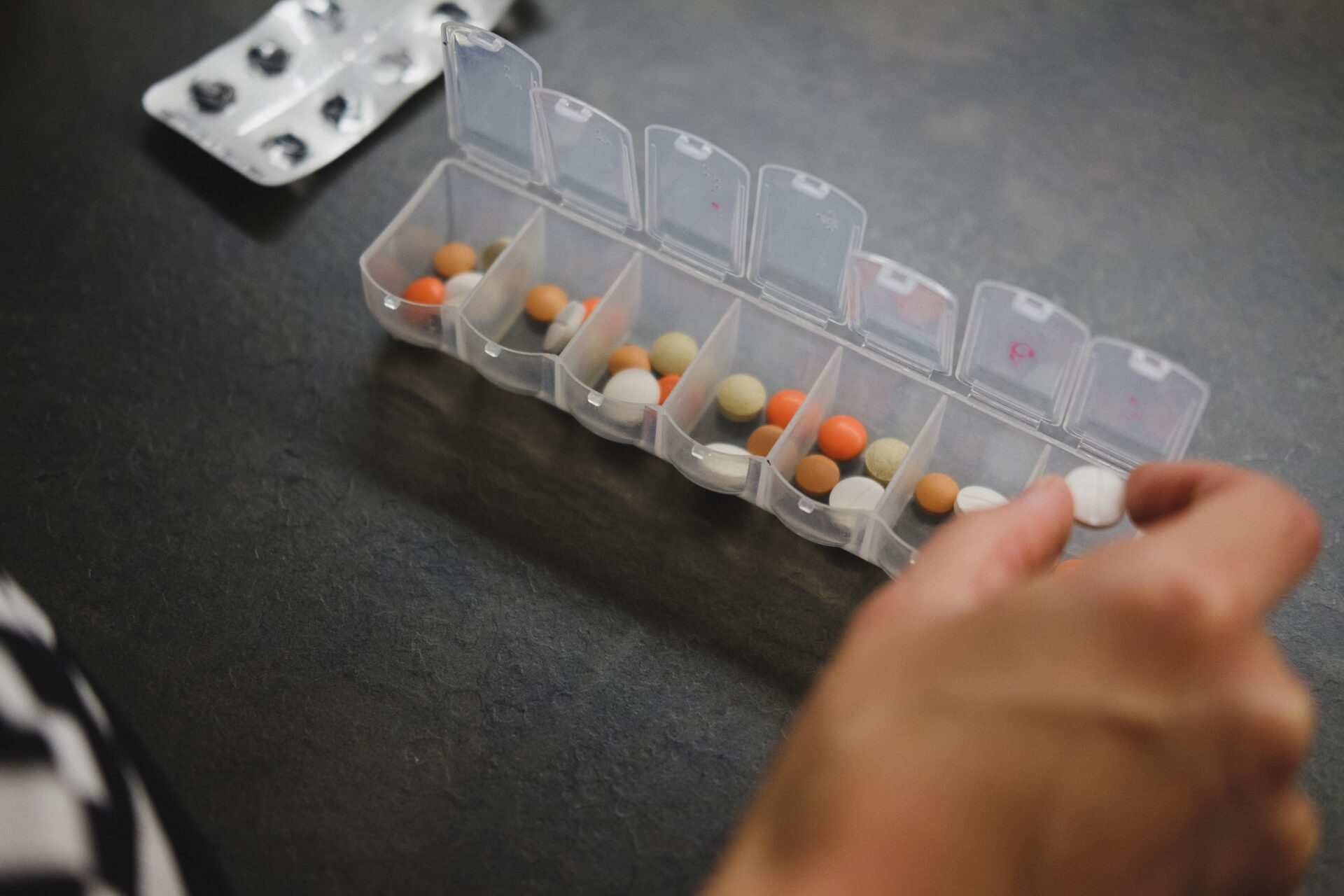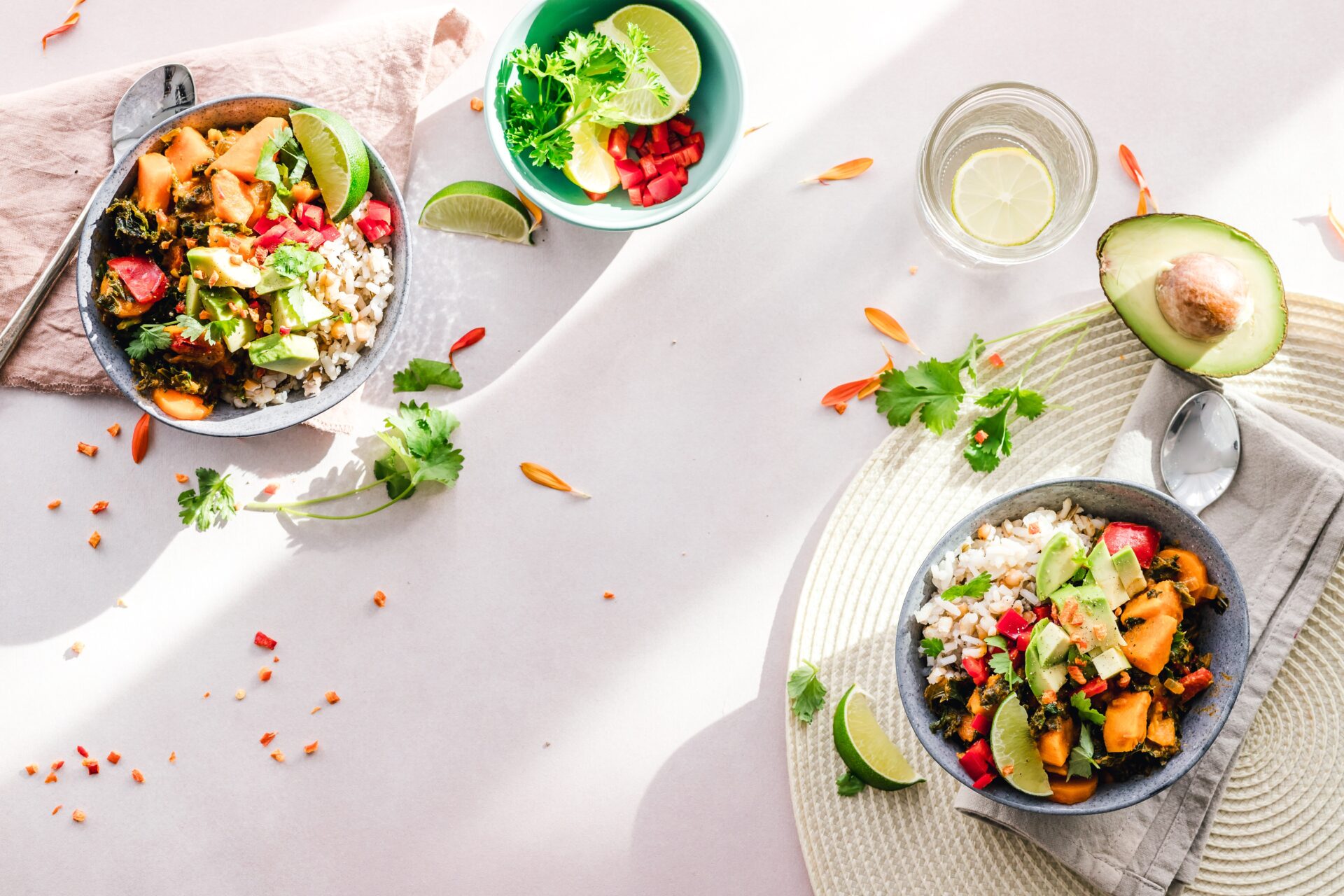Many of us understand that what you put into your body matters, and your food choices can be just the medicine your body needs, with no prescription necessary. Take control of your wellness journey by incorporating superfoods – foods rich in compounds such as antioxidants, fiber, or fatty acids, like blueberries, broccoli, and salmon – considered a benefit to one’s health. Consuming various nutrient-dense foods is best to balance essential vitamins and minerals and will contribute to more energy, stronger immunity, and feeling better overall.
Here are nine superfoods to keep you feeling your best.
1. Avocados
Avocados are an incredibly nutrient-dense superfood. They are a good source of fiber and contain monounsaturated fats, two essential nutrients that help lower LDL cholesterol and help raise high-density lipoprotein (HDL), known as “good” cholesterol. They are versatile, easy to add to any meal throughout the day, and great for throwing in a smoothie.
2. Beans And Legumes
Beans and other legumes (like peas, lentils, and kidney beans) contain high amounts of minerals, fiber, and protein. A favorite among vegetarians, beans are little energy-packed powerhouses that keep you going throughout the day. Replacing processed meats and refined grains with these superfoods can help decrease blood sugar and increase healthy gut bacteria. A healthy bean salad or a lentil soup are great recipes to try.
3. Dark Chocolate
According to Healthline, this decadent superfood has been found to lower blood pressure and may improve brain function. Chocolate lovers rejoice! However, since dark chocolate contains sugar, which can negatively impact heart health, you should only eat a modest amount (around two squares) of dark chocolate daily to get the most health benefits and avoid the downsides.
4. Fatty Fish
Fatty fish like mackerel and salmon are rich in omega-3 fatty acids, also known as healthy fats. Omega-3 fatty acids promote good heart health by raising “good” HDL cholesterol levels while reducing inflammation and stroke risk. According to WebMD, a study on managing cholesterol conducted by The American Journal of Clinical Nutrition in 1997 found that those who ate tuna or other broiled or baked fish saw their risk of stroke decline by 27 percent.
5. Fruits and Bananas
Fruit needs to be a part of any heart-healthy diet. Many types of fruit contain high amounts of soluble fiber, which reduces cholesterol levels by binding to it in the digestive tract. Therefore, your body gets rid of it.
Here are some fruits that are rich in soluble fiber:
- Apples
- Citrus fruits
- Grapes
- Strawberries
- Blueberries
Another heart-healthy benefit of eating these superfoods is that they contain high amounts of antioxidants, which reduce inflammation – helping to prevent heart disease.
6. Garlic
Garlic has been used for hundreds of years as an ingredient in food and a medicine to treat many ailments. This superfood contains various potent plant compounds like allicin, the main active compound in garlic. It is also highly nutritious with Manganese and Vitamin B6, with few calories. In addition to lowering blood pressure levels in those with high blood pressure, garlic may lower the risk of heart disease, provide antioxidants that reduce oxidative stress and removes heavy metals from your body.
7. Nuts
Nuts are good for heart health. They are rich in monounsaturated fats, calcium, magnesium, and potassium. Walnuts also contain a plant-based type of omega-3 fatty acids. Almonds have an amino acid called L-arginine, which helps your body produce nitrate oxide. Consider adding nuts as a snack during your day or using them as a salad topping for some extra crunch.
8. Oats and Barley
According to ScienceDaily, a review of 14 health studies published in The European Journal of Clinical Nutrition connected eating whole grains with a reduced risk for heart disease. One study found that those who eat at least three servings of whole grains daily have a 20 percent lower risk of heart attacks and strokes. Adding oats to your smoothie or soaking them overnight for a breakfast treat are two easy ways to incorporate them into your daily routine. And barley soup is an excellent addition to your meal rotation now that temperatures are cooling.
9. Vegetables
Finally, vegetables, especially dark leafy greens, are particularly good for heart health, according to research published by Healthline. For example, dark leafy greens like kale and spinach contain carotenoids, including lutein, which have been linked to a lower risk of cardiovascular disease. Vegetables are also generally rich in antioxidants and fiber and low in calories, which helps you maintain healthy body weight. Try adding a kale salad to your next meal or gathering for a boost of wholesome goodness.
Superfoods are nature’s medicine; adding them to your daily meals contributes to better overall health. Explore new recipes, add some of these to meals you’re already making, and look for opportunities to make healthy swaps. Start small and build from there. Healthy habits become healthy lifestyles.





Responses